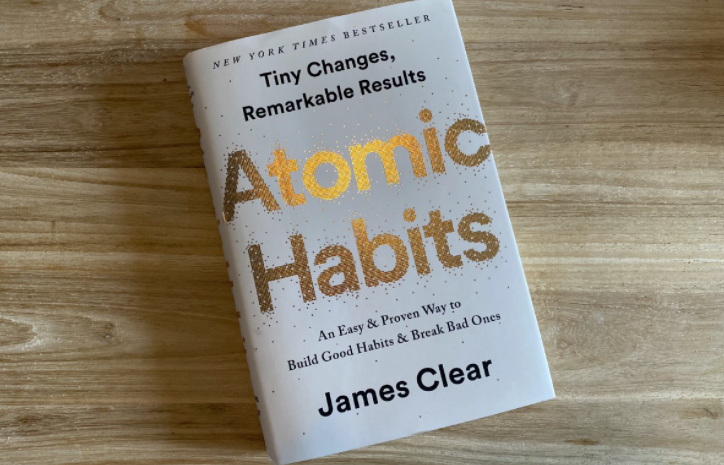Identify and share specific new habits to benefit the doctoral student in the DScIT program.
Habits can be both negative and positive. As a doctoral student, one must identify all habits and determine if those habits are negative or positive in relation to doctoral studies. A doctoral degree is more rigorous than a master’s degree. A master’s degree allows a student to showcase their skills from their bachelor’s degree while enhancing their knowledge of various subjects. A doctoral degree, more specifically, a practitioner degree is designed to prepare students to make an impact in the subject area.
A new habit that is important is time management. There are numerous required readings in a doctoral program. To be able to read, comprehend, and include citations while writing; reading needs to be completed earlier in the week. While reading you may come across something that you find interesting and would like to cite in your writing. Note-taking is a great asset when paired with time management. As working adults, there may not be enough time to read an entire article or several chapters of a book in one sitting. By planning out the reading and taking notes, when it is time to write a paper you will be more prepared.
I personally draft my papers with the title, headings, citations, and references. While taking notes I add them to my draft. When it is time to write the paper, I write around what I have already drafted and fill in the blanks. It has worked well in the past, I will try it at the doctoral level to see if it works equivalent.
Removing all distractions is an excellent habit. When I prepare to read I place my phone in do not disturb. My office is quiet and the lighting is appropriate to read and stay awake. I have a little white noise in the background to muffle any sounds that may become distracting while working. I also schedule breaks. It is easy to start reading or writing and spend an hour or two fully engaged. I try to take a five to ten-minute break every forty-five minutes to give my eyes a break, stretch, and check for any important missed calls. When the break is up, it is time to get back to work.
What habit stacking can you do?
To effectively habit stack and create new habits, the old habits must be under control (2018, Clear). I am very efficient with time management which creates free time during the day. I need to utilize all my free time to read and complete my doctoral assignments.
Reading: After I check my work emails in the morning on Mondays and Tuesdays, I will read the required readings for the current module. (60 minutes minimum)
Discussion Post: After I check my work emails in the morning on Wednesdays, I will complete any required discussion posts.
Writing 1: After I check my work emails in the morning on Thursdays, I will start my writing assignments for the current module. (60 minutes minimum)
Writing 2: After I eat breakfast on Saturday morning, I will complete the remainder of my assignments for the module. (60 minutes minimum)
Journaling: After I eat breakfast on Sunday morning, I will complete any journaling required for the week.
As you can see, my preference is to complete assignments after I check my work emails. I have automated enough of my job to create free time for my doctorate. I am also mentally fresh in the morning and can give my best verus waiting until the evening when I am tired.
References
Clear, J. (2018). Atomic Habits: An easy and proven way to build good habits and break bad ones. Penguin Random House: London, UK.


